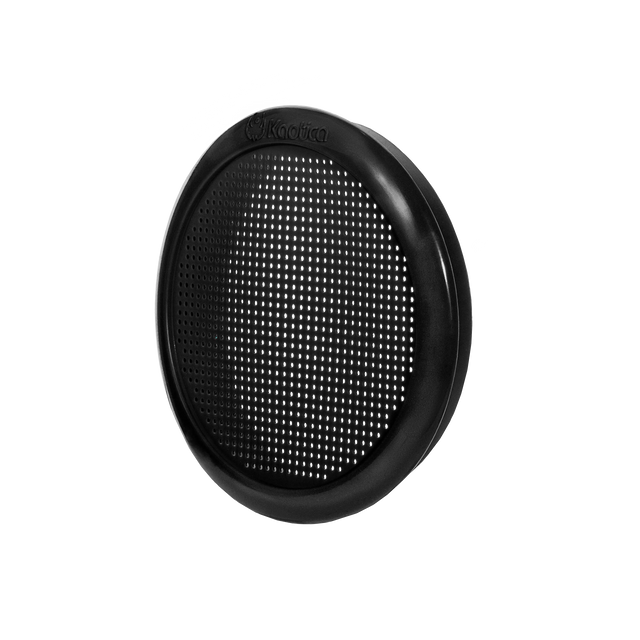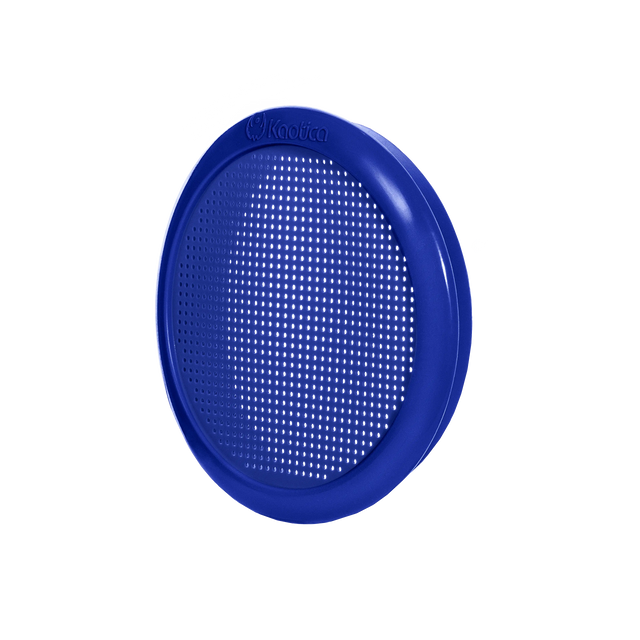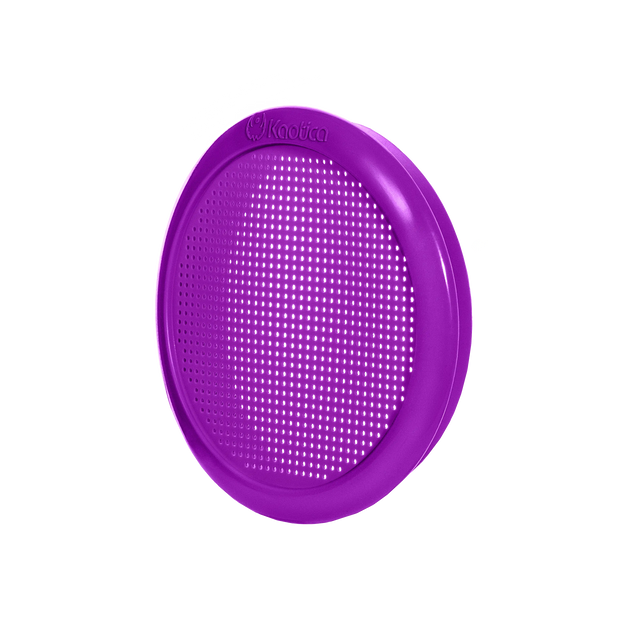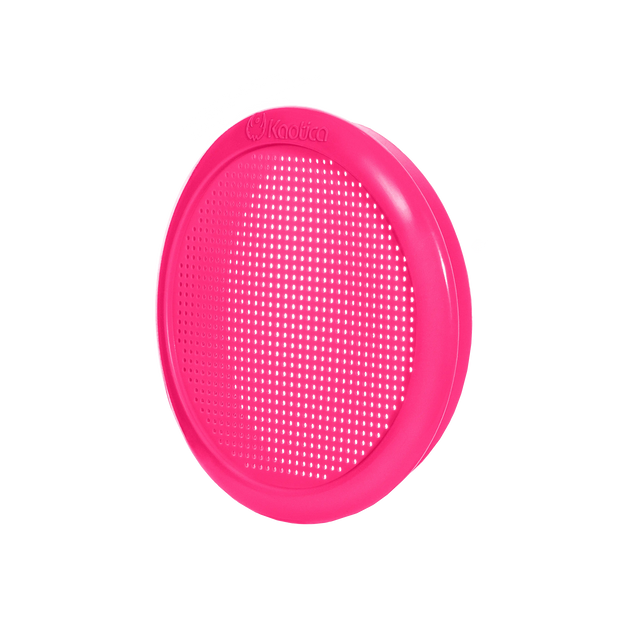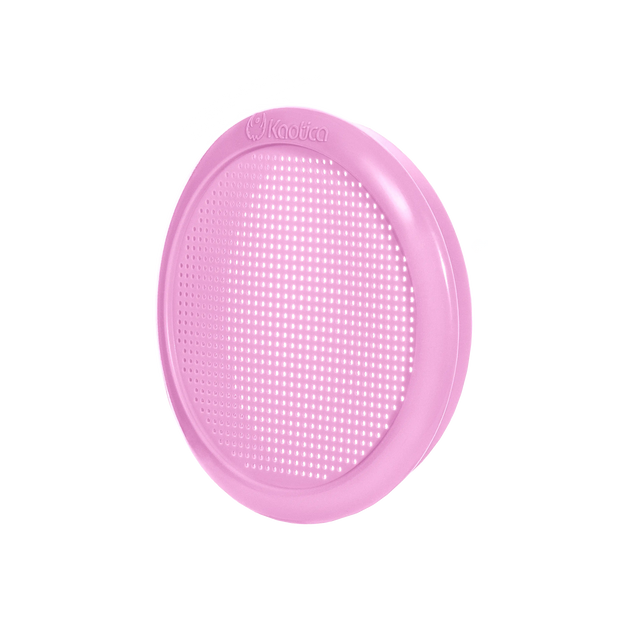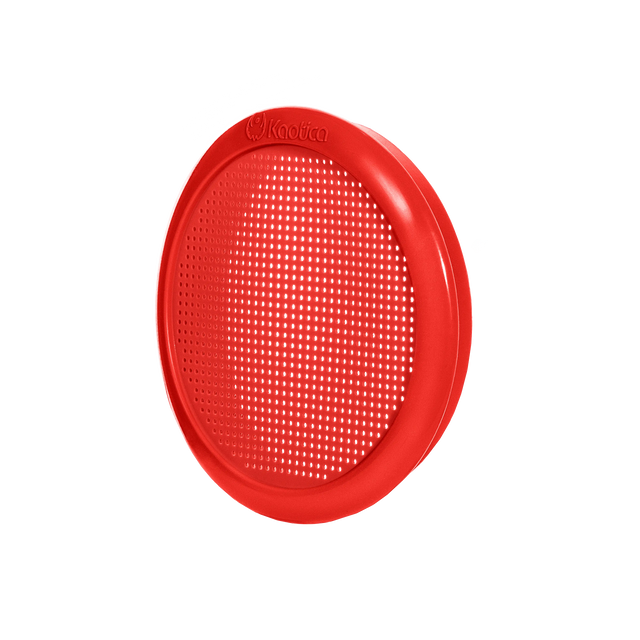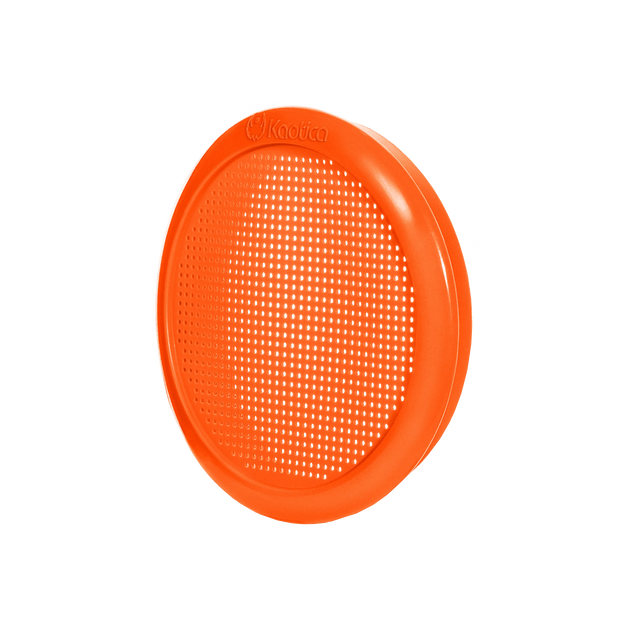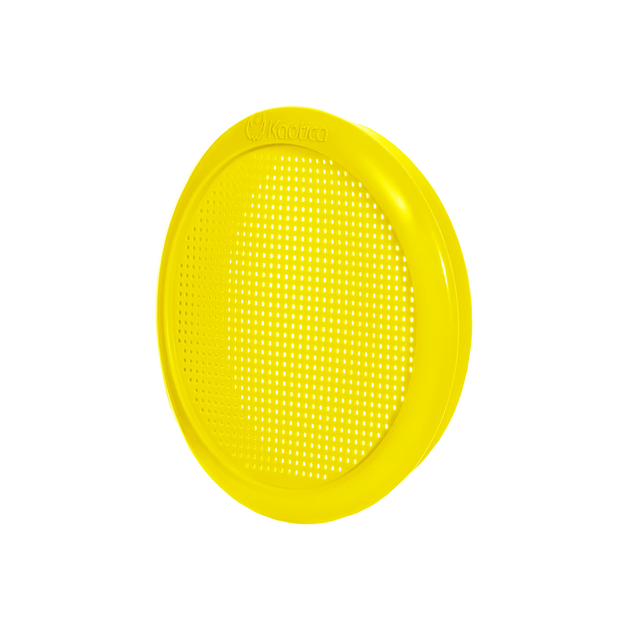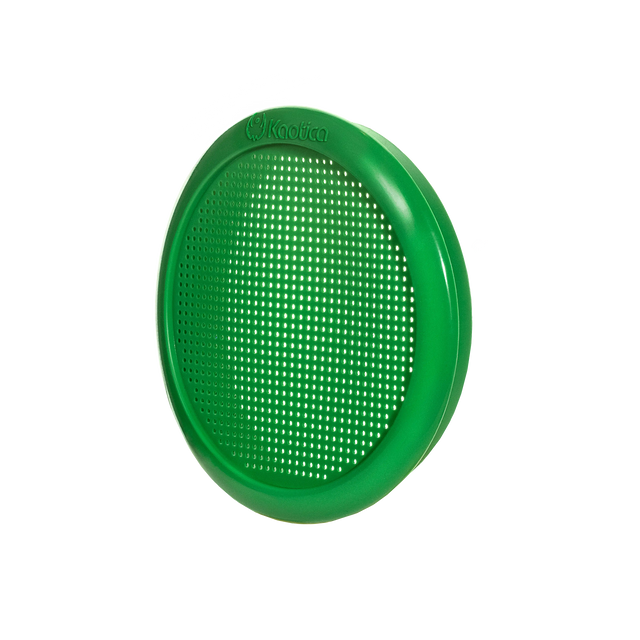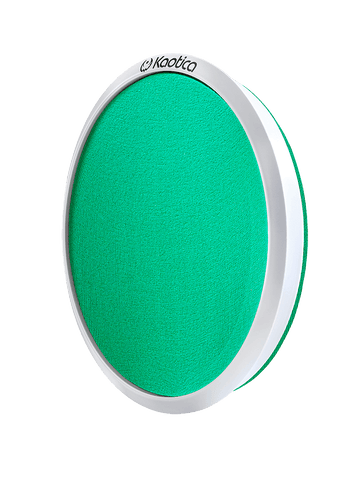
Gumbo
Music producer and Dallas native, Gumbo has been in the music industry for over 15 years, bringing his passionate, unique and wide-reaching sound palette to every project he touches. He is one third of the acclaimed SoufWest production team, based in Dallas & Los Angeles.
Music production called him from the time he was 3 years old when he began playing keys. His musical credits include such artists as: PartyNextDoor, Gladys Knight, Wale, 2 Chains, Fetty Wap, Kirk Franklin, Eric Bellinger, Lyrica Anderson, and many more.
Where did music production come into the picture in your life?
I started out as a musician. I played drums and I played the piano and I loved the songs that I created so I thought, How can I capture that feeling of making that music? So I watched some videos, got some machines and put it all together.
"I had to get a dope space to give you that creative vibe. Because you have to have the vibes and the vibes have to be right. And you just lock in and go in."
Being as you are a recording artist, you sing and you’re a producer, what are some of the challenges you faced in recording spaces as far as vocals go.
You have to be careful about the space where you record your vocals because if you don't have the right studio equipment or the right type of space your vocals can sound amateur, you know. So that's why you have to have a good vocal booth. You have to have certain things to compliment your microphone in order to capture that sound that you're looking for. That means you will need some kind of studio acoustic treatment. So if you’re recording in a home music studio you need to have some acoustic traps around your space to control your environment.
So as a producer, has it been challenging if you receive badly recorded vocals from other artists?
"There is a challenge when artists do send you the right vocals and they recorded at another space outside of where I record at. You have to do more work. You have to add more compression you have to do more EQ. That's the real challenge that I face"
The Kaotica Eyeball would help so much in those kinds of situations. It's the perfect portable studio booth. Because the time you save not having to tighten up the sound by trying to get rid of all that added noise and unwanted ambiance on the track, you can just focus on the vocal performance and choosing the right takes to give you the vibe you’re after to complete the track and make it the killer song you envisioned all along.
I’ve been on the beach, recording in a beach house with a recording artist, Eric Bellinger and with the crashing waves the mic can pick all that up. But with the Kaotica Eyeball, it cut all of that out. Me and my homies went to another room to produce and we were laying down vocals in an open space and it sounded like you were in a tight room as though we had recorded in a real studio booth. It's the perfect compliment to your portable recording studio. I recommend everybody get one. For sure it would make things so much easier. So much easier. No challenges.
Would you say the Kaotica Eyeball has changed your workflow in a positive way?
"The Kaotica Eyeball is the future"
It's a benefit using the Kaotica Eyeball. It cuts out a lot of extra noise and it focuses more on the dynamics of your vocals and you get to capture everything. I’ve been able to take my Eyeball with me to sessions in a home music studio and walk away with a track that sounds like it was recorded in the big recording studio. The Eyeball has allowed me to travel to wherever the artist is feeling a vibe and has made it possible to work from a place of pure freedom. It’s magic when you can work like that, you know. I like that I can set up anywhere because I’m travelling with this mobile vocal booth.
"It’s like a portable booth to go, know what I’m saying?"
So can you explain why vocals are so important to a song?
Vocals are important because you want to capture that expression. You want to capture the passion and then the lyrics; what the song is saying. And you need great quality vocals too in order to achieve that. That's how important it is.
Without vocals it's just music but we need the best of both worlds
With the vocals and the music. A song is like a tapestry and you need those different colors of sound and the different patterns and shapes of the rhythms and beats to come together into one cohesive picture. The vocal is the focal point that allows you to see the whole tapestry. The vocal paints the mood, you know. It sets the stage for the emotions the sing is going to deliver. The other elements build the framework for those emotions to come through from.
What advice would you give to up and coming producers?
"Producers, you have to invest in yourself and you have to invest in your craft."
You have to learn what makes you different and exploit that feature. You’ve got to be able to deliver the goods when they call on you to drop the dope track. So practice your craft 24/7, you know. Become the expert. And don’t expect anyone to hand you this career. It ain’t going to happen like that. You have to stop begging for a handout. Stop getting bootlegs. You have to invest because all you're doing is investing into your future. And if you continue to get handouts what you're saying is you don't believe in yourself. That’s the difference between someone with talent and someone who is making a name for themselves in the business. A lot of people out there got talent but can’t find a gig. The difference is the one who believes will always find their way.
"So invest in yourself. It will pay you back in ways you never imagined!"










